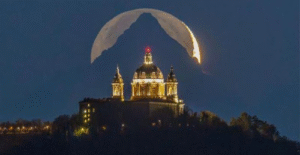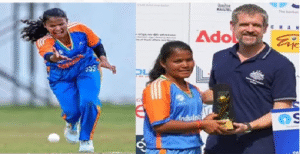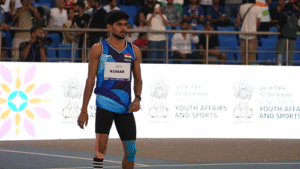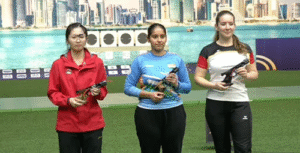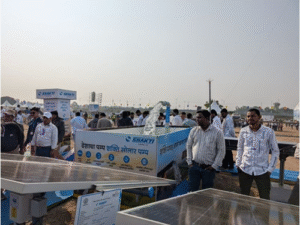Saifuddin Kitchlu was the first person of Indian origin to receive the Stalin Prize, which was awarded to him in 1952. The Stalin Prize was a prestigious international honor established by the Soviet Union in 1949, named after Joseph Stalin, the leader of the USSR at the time. The prize was awarded for excellence in various fields, including science, literature, and public service.
Birth: Saifuddin Kitchlu was born on January 15, 1898, in Amritsar, Punjab, British India. He was a prominent Indian freedom fighter, politician, and activist who played a crucial role in the Indian independence movement.
Education and Early Life: Kitchlu was educated at Aligarh Muslim University and later became a lawyer. He was a strong advocate for the rights of Indian Muslims and was actively involved in various movements for Indian independence.
Awarded for Public Service: Saifuddin Kitchlu received the Stalin Prize in 1952 for his contributions to public service and social justice. The award recognized his efforts in championing the rights of Indian Muslims and his commitment to the anti-colonial struggle during the British rule in India.
Role in Indian Independence: Kitchlu was actively involved in various movements led by the Indian National Congress and other nationalist groups. He participated in the non-cooperation movement led by Mahatma Gandhi and was a key figure in organizing protests and campaigns against British colonial rule. He was arrested and imprisoned multiple times for his involvement in the independence struggle.
Involvement in Post-Independence Politics: After India gained independence in 1947, Kitchlu continued his political career and advocated for the rights of Muslims in the newly independent nation. He also worked towards communal harmony and social integration.
Prominent Freedom Fighter: Saifuddin Kitchlu is remembered as one of the notable leaders in the Indian freedom movement, especially for his contributions to Muslim political leadership and his role in organizing resistance against British rule.
Role in the Partition: Kitchlu was deeply affected by the Partition of India in 1947, which led to large-scale violence and displacement of people along religious lines. He worked towards maintaining peace and advocating for the rights of minorities in the post-independence period.
Stalin Prize: While Kitchlu’s receipt of the Stalin Prize was a significant international recognition, it also indicated the Soviet Union’s alignment with anti-colonial leaders from the Third World. The award was meant to honor individuals who promoted peace, social justice, and anti-imperialist causes.
Saifuddin Kitchlu was the first person of Indian origin to receive the Stalin Prize in 1952 for his contributions to public service, his role in the Indian independence movement, and his post-independence work for social justice and Muslim rights. He remains a respected figure in India’s freedom struggle and post-independence politics.


